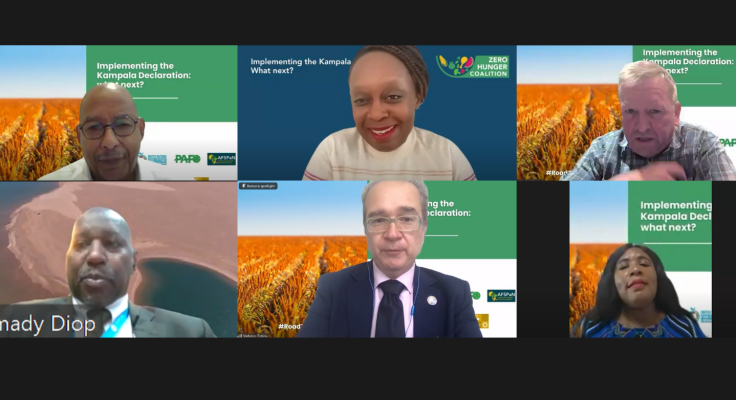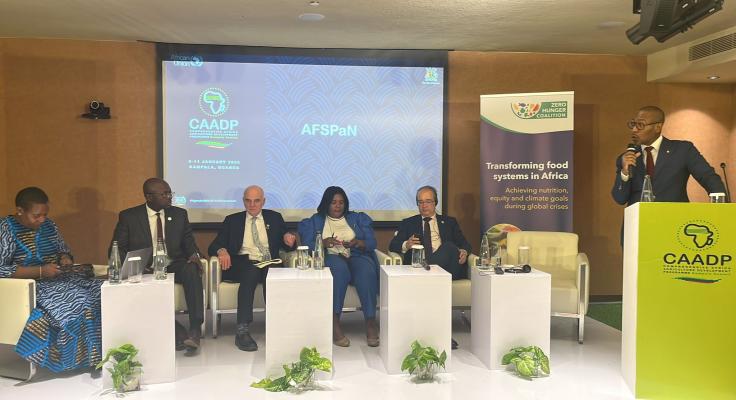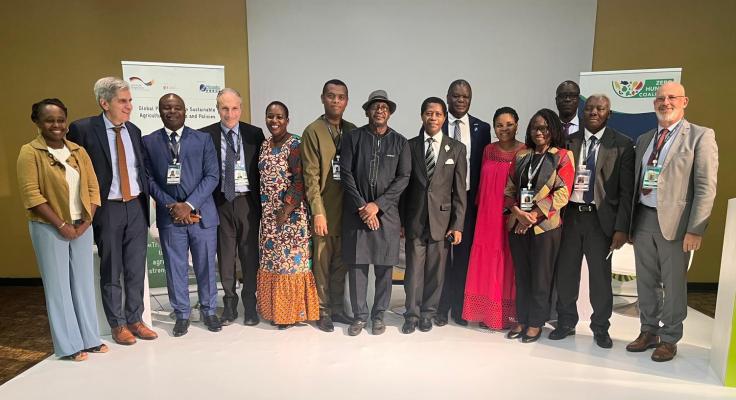
The global multilateral order must be reimagined to address Africa’s development challenges
Dr. Ibrahim Mayaki, Chair of the Zero Hunger Coalition, discussed how Africa’s relationship with the world is changing thanks to CAADP3 in an opinion appeared on CNBC Africa.
"Since the end of the second world war, the prevailing multilateral model has largely seen Africa through the prism of dependency on overseas development assistance, or “ODA” – where public funds are sent to support development for either humanitarian or politically strategic reasons.
It is becoming increasingly clear now that we are transitioning to a “post-ODA” world. Many historically important government donors are slashing their ODA budgets, for instance France’s €742 million budget cut in 2024 and plans are underway for similar levels of cuts in Germany and the United States next year.
Meanwhile, Africa is forging ahead in drafting an ambitious and broad transformation agenda. In the agriculture sector, for instance, its new Comprehensive African Agricultural Development Programme (CAADP) will set growth targets to scale up sustainable food production, agro-Industrialization, and trade while promoting inclusive and equitable livelihoods.
Why does this matter? In any era of change, it is easy for international collaboration to simply recede. But instead, we must reimagine how the relationship between Africa and the world is structured, based upon the principles of mutual self-interest and agency.
By 2100, Africa is projected to be home to four in 10 people on the planet. Between now and 2030 alone, Africa’s food and agriculture economy could potentially more than triple from $280 billion to $1 trillion in value annually. The continent is home to 65 per cent of the world’s uncultivated arable land, and its young and growing work force has the potential for huge productivity gains of as much as 50 per cent if given the right skills and resources.
Take Sierra Leone’s “Feed Salone” strategy as an example. In just one year, Government-led initiatives generated over 10,000 agricultural jobs, reduced rice imports by 15 per cent, and raised cocoa exports by 20 per cent, translating directly to enhanced food security, economic growth and resilience."



